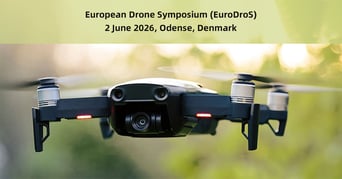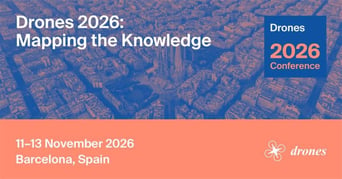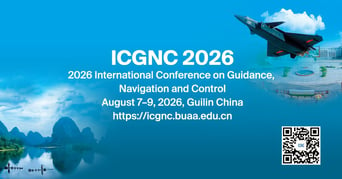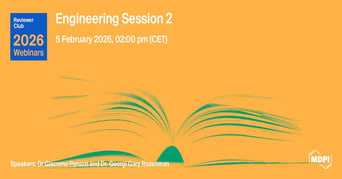- 4.8Impact Factor
- 7.4CiteScore
- 21 daysTime to First Decision
News & Conferences
Latest News & Announcements
Latest Conferences
Propose a Conference Collaboration
Promote and publicise your upcoming conference with MDPI.
All News & Conferences
News & Announcements
Acknowledgment to the Reviewers of Drones in 2025
6 February 2026
Partner Conference
Quiet Drones 2026
29 June - 1 July 2026
Partner Conference
European Drone Symposium (EuroDroS)
2 - 2 June 2026
MDPI Conference
Drones 2026: Mapping the Knowledge
11 - 13 November 2026
News & Announcements
Meet Us at the International Workshop on Antenna Technology 2026, 25–27 March 2026, Liverpool, UK
5 February 2026
7 - 9 August 2026
Partner Conference
The 6th International Conference on Autonomous Unmanned Systems
18 - 20 September 2026
News & Announcements
MDPI INSIGHTS: The CEO's Letter #31 - MDPI 30 Years, 500 Journals, UK Summit, Z-Forum Conference, APE
2 February 2026
News & Announcements
Drones | Selected Papers Published in 2023–2024 in the “Drones in Agriculture and Forestry” Section
30 January 2026
5 - 5 February 2026
News & Announcements
MDPI Reviewer Club Webinar 2026 | Engineering Session 2, 5 February 2026
29 January 2026
News & Announcements
MDPI at AGU 2025: Celebrating Open Science and Academic Excellence
26 January 2026
of 22













.jpg?v=1769683508)